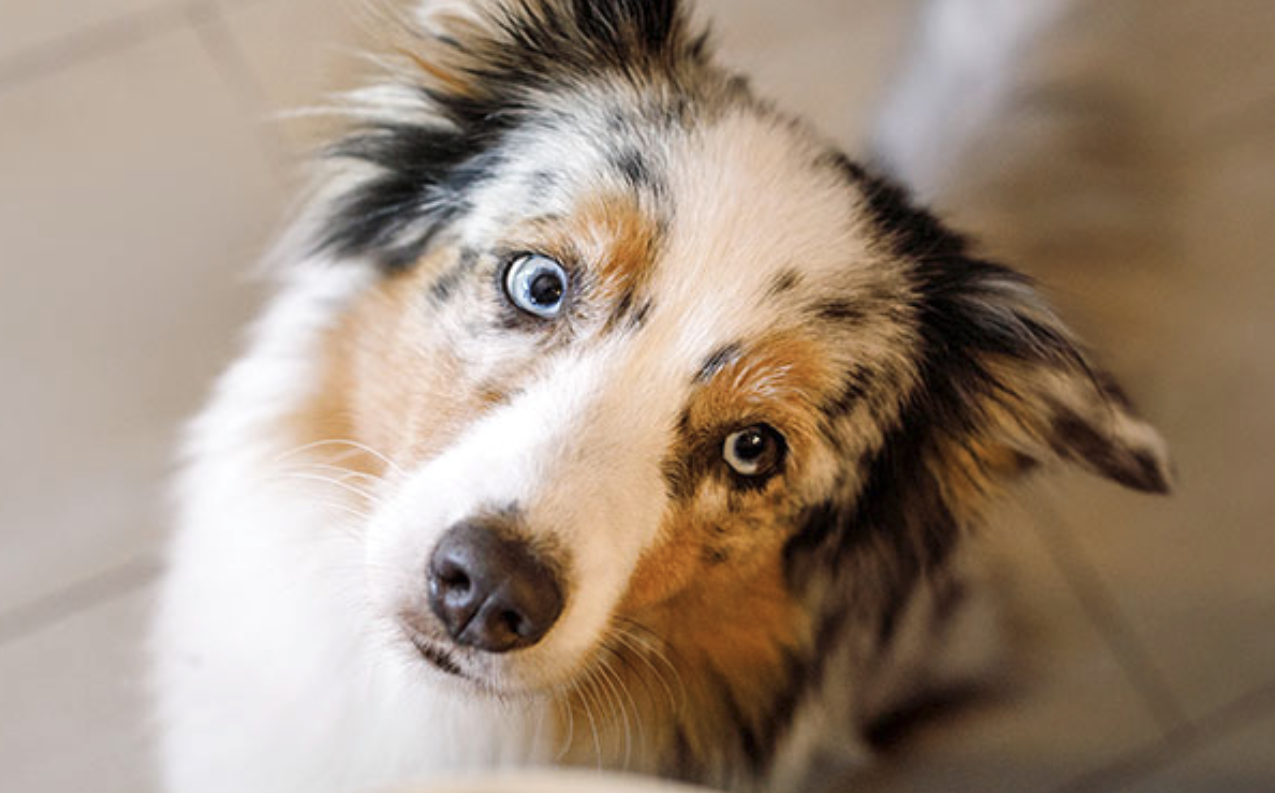Did you know more than 200,000 dogs and cats have a pet poison-related emergency each year? That’s enough to give everyone “paws.” But what’s just as alarming is that many of these issues relate to things many people have in and around their homes.
In recognition of Poison Prevention Week 2021 – and with many new pet parents who adopted dogs or cats during the pandemic – it’s a good time to review potential hazards, so you know how to keep your best friend safe.
Here are eight potential issues to consider …
1. Beware of “pandemic poisonings.”
Over the past year, many people have ramped up cleaning, using disinfectants and sanitizers more often than they did before. Sadly, accidental pet exposure has also increased. Please keep your dog or cat safe by always storing cleaning products out of reach and keeping pets away while using them. Be sure to rinse off any items that pets may lick after you clean them. Also, be sure to toss disinfectant wipes only into a secure trash container with a lid.
2. Know your household toxins
As a pet parent, you’ll want to familiarize yourself with household pet toxins. Check out this list from BANFIELD Pet Hospital. From human foods to plants, pest control, mothballs, household chemicals, and medications, keep all potential pet hazards stored in cabinets that pets can’t access.
3. Avoid medication misery
ASCPA Animal Poison Control Center recently shared that for the third year in a row, over-the-counter human medications were the top pet toxin of 2020. Too often, things like vitamins, cold medicines, ibuprofen, acetaminophen and herbal supplements are kept or left out where pets can get to them – and they can cause life-threatening medical issues. Keep both over-the-counter and prescription medications out of pets’ reach at all times.

4. Stick to pet food only
Many foods that are safe for people can be harmful to pets, including nuts, garlic, onions, grapes, raisins, caffeine and chocolate. Keep pets away from people's food and keep food waste in tightly covered trash containers that pets can’t get into. Don’t leave food out around pets without close supervision.
5. Recognize new dangers
You may have read in the news that as many people spent more time at home over the past year, the use of alcohol and marijuana has increased. And with more states legalizing marijuana, it’s in more homes. Pet Poison Helpline says that in recent years, it has seen a nearly 450% increase in marijuana poisoning for pets. Alcohol is also a danger, causing symptoms from diarrhea to difficulty breathing and even death.
6. Practice plant safety
Various plants can sicken pets. Some of the most common houseplants that can be dangerous include lilies, aloe vera, jade, ivy, holly, iris, daffodils, tulips and daisies. ASPCA offers a helpful list of plants that have been reported to have dangerous effects on pets. Check it out here and make sure plants and other decorations are safe for your pup or kitty.
7. Be cautious with fragrance
Essential oils and liquid potpourri remain a hot trend but keep in mind that they can be dangerous for pets. Both ingestion and skin exposure can be toxic, including burning the skin and mouth or causing liver or kidney damage. So keep these products out of pets’ reach at all times. Also, never apply concentrated essential oil to your pet.

8. Stay safe outside too
Pet safety doesn’t end at the door. In fact, there are a variety of garage and garden items to watch out for, too. De-icing salt, antifreeze, pest control, insect repellents, fertilizers, cocoa bean mulches, mushrooms and many garden plants can be harmful to pets. So keep a close eye on dogs and cats when they’re outdoors, and check this article from BLUEPEARL™ Veterinary Hospital for more tips.
What to do in an emergency
If you think your pet may have eaten or come in contact with something dangerous, first separate your pet from the hazard so they can’t ingest more. Then, contact your veterinarian, emergency pet hospital or animal poison hotline.
Be ready with information about what you think your pet ate, when it happened and what symptoms your pet is showing. Don’t try a home remedy or induce vomiting – either can be more dangerous than helpful, depending on the toxin.
Get advice even if your pet seems to be acting and feeling normal since some hazards can cause symptoms over time. Talking with your vet is always the best step when you concern about your cat or dog.
Source: https://www.bettercitiesforpets.com Please support




Share this page with your family and friends.